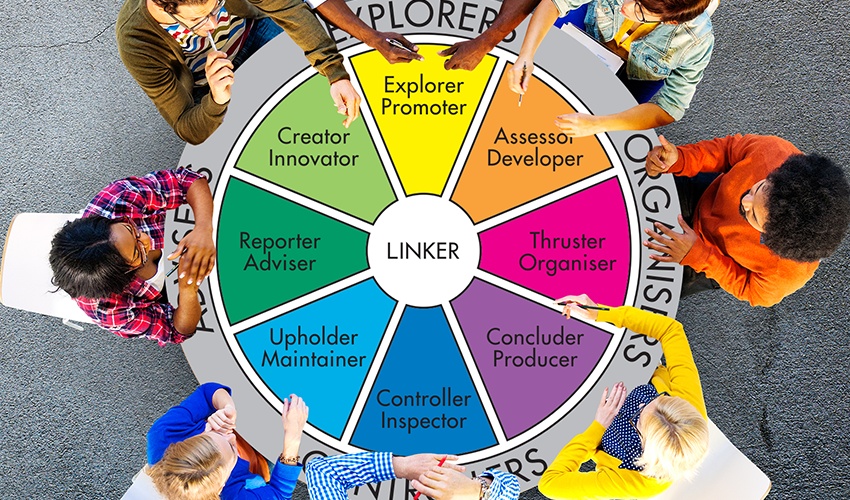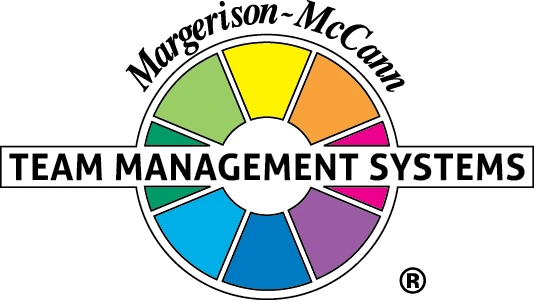
Fluent in the Language of Teamwork
TMS Network Member, Dianne Dew, believed that through building stronger connections within the PwC Management team, there would be a greater appreciation of differences and understanding within the team. This would enable them to excel as individuals and as a leadership group.
Since implementing the Team Management Profile (TMP), the Management group has become a high energy, aligned and connected team who are united in their approach. Individually they are now rolling-out the TMP through their teams on the back of the success they have experienced.
Objectives
- Ensure transparency, trust, confidence, and collaboration continues to grow across the Management team.
- Provide the Management team with a solid baseline of trust and open dialogue.
- Enhance the intra-personal and interpersonal capabilities of the Management team.
- Make the TMP a part of the PwC Culture.
The Management team members (80+) completed their TMP questionnaire, and six of the team became Accredited within the TMP. PwC ran debrief sessions as each ‘grade’ went through the questionnaire process.
Once all the current staff had been debriefed, they began Linking Skills sessions, which focussed on communication, ie Pacing. The TMP was also included as an onboarding activity for new starters; a debrief session was organised twice a year for these new members. This enabled them to then join the Linking Skills sessions, which were rerun periodically throughout the year.
Everyone began speaking the same language.
Approach
- Off-Site – Full-day debriefs were ran as an out-of-office ‘Away Activity Day’, which included many practical activities - these activities were remembered more than anything. This enabled the team to focus on what they were doing without the chance to go back to their desk and become distracted with work. These days also provided the opportunity for members to meet other peers that they may not work closely with.
- Inclusive – Working through the organisation grade by grade allowed for fluid communication of our TMS message. Starting with the leadership, management and sub-management levels, then to the whole team, the message was shared with everyone; rather than one team knowing and not being able to communicate with the others.
- Linking – At the end of the Profile debrief sessions, it was concluded that ‘you know your preferences, you know other people have different preferences, but how do you work with people who are different?’, and the idea of Pacing was introduced. The participants were eager and excited to learn how to apply their knowledge of preferences to everyday work-life.
- Continuity – The same six facilitators were used for approximately 2 to 3 years, moving from delivering the TMP debrief to the Linking sessions.
Outcome
Some of the learnings along the way included:
- Participants were surprised of the Profile’s accuracy. This showed that they had answered the questionnaire honestly.
- Participants said it was the best personal development session they had attended. The internal, Accredited staff facilitating the sessions, although not personal development professionals, used their inside knowledge and passion for this to work, to really resonate with the group.
- Some facilitators required extra assistance with their presentation skills, so were matched with more experienced facilitators and/or topics they were passionate about. This reduced their nerves of ‘knowing the content’.
- The use of lots of physical activities in all sessions engaged the participants and achieved great results.
-
Ongoing communication is important to embed the learnings. Dianne reflects that they could have implemented a ‘TMS Tip of the Month’, and had more collaboration with Team Leaders in order to provide more tailored and focussed communications to their team.
"The TMP is our new culture. Everyone is speaking the same language."
For those embarking on a similar project, it was suggested to:
- Take the time to understand the drivers, needs and objectives of your programme, and tailor this for the team you’re working with.
- Engage leadership fully at the beginning.
- Have Accredited ‘change champs’ from within the team itself facilitating the sessions.
PwC is a network of firms in 157 countries with more than 223,000 people who are committed to delivering quality in assurance, advisory and tax services.

